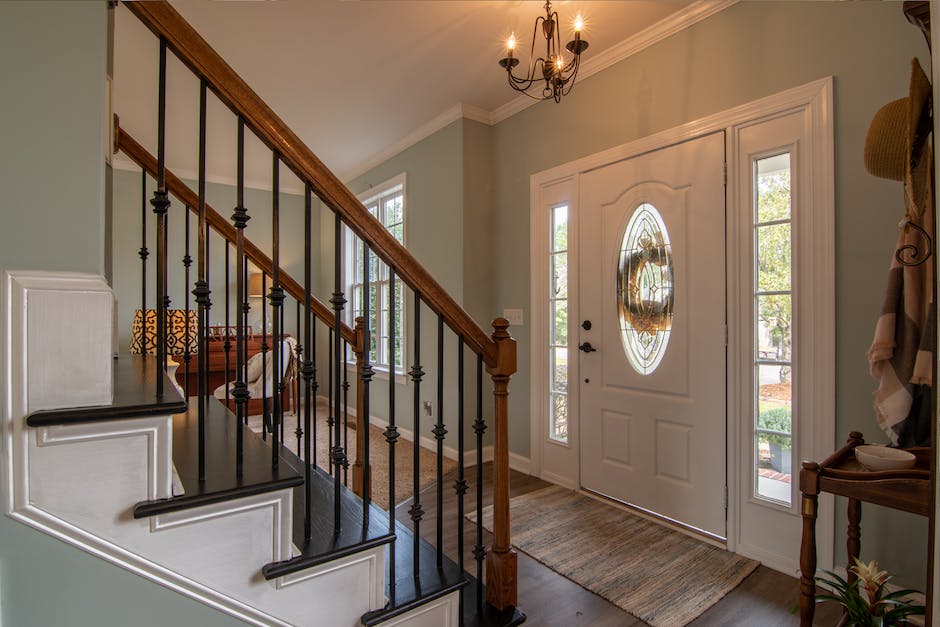
As modern society grows more complex, moving forward with credit and creditworthiness becomes more challenging. More and more people are having difficulty in coming up with the necessary payments to maintain a healthy lifestyle in today’s society.
This is why unique and challenging properties become popular. They can be a place to get away from it all and raise your self-confidence. They can also be tax-free as they do not have a consistent use of income.
They can also be a way to build equity in your home without selling due to financial stress. If the property were to go up for sale, it would take quite some time for anything serious money to come in.
Finally, they can be a way to increase your home value when another person or entity decides to buy out the owner. These properties can triple or even quadruple in value due to inflation over time.
Obtain a property valuation

Once you have identified a market value for the property, the next step is to determine if you can afford to purchase it at that price.
Many times, owners will list a property at a low price and then charge a higher monthly fee or further fees for supplies and services. If you can obtain a high enough inspection score, this might be worth it.
If the property does not meet your criteria, you can always sell it later on. There are many web sites that will help you with this, and if your home is of good quality, you can easily find someone to pay more for it.
Knowing how much your property is worth can help get you into what kind of properties are best for you. Some properties will give out reports where others may not be able to do that.
See if you qualify for a home equity loan
Home equity loan can be very useful for properties that are not in your price range, but are in the interest of the owner or someone who wants to reacquire the property.
If you have a fully paid off property that you would like to upgrade, you can apply for a home equity loan to fund the upgrade. The owner can also invest in your property with a mortgage loan, if needed.
To qualify for a home equity loan, you must show good credit and BUSINESS capacity. An investment business will generally take care of all the paperwork and application process, making it an easy way to get new financing.
Consider other financing options

A third option is to consider other financing options such as private lenders, conventional loans, or second mortgages. While neither private nor conventional loans have special features designed for Hussainie properties, it can help to know that these may be available.
A private loan can be considered if the property is not creditworthy and a conventional loan can be considered if the property does not meet the guidelines for a mortgage.
Given that Hussainian properties do not typically sell for a low amount of money, being aware of other financing options and applying them appropriately is critical. If required, doing a short term loan or refinancing may be all it takes to get new funds on board!
Having the knowledge of what additional funds are needed and how they can be applied appropriately will save you from having to go through more financials eventually.
Check your credit score

Before even looking at a property, customers should check their credit score to see if it’s in need of improvement.
Many properties will not approve of a credit score that is less than perfect. This includes banks, which will not approve a credit score that is less than excellent for lending purposes.
Some property owners may also check their credit score to make sure it’s up to date. If the property doesn’t have any debt on it, then user wouldn’t feel the need to check.
Checking your credit can make a huge difference in whether or not a property approval comes in the form of a loan or an offer for sale.
Get pre-approved for a loan

Before applying for a loan, the owner of the property must have a minimum amount of equity in their home or in another property they’re willing to equity-add.
Leverage your home equity by getting a pre-approved loan on your home for a specified amount of money with no obligation to make it work. This can be helpful if you are unable to make the payments on another loan, or if you gain more control over the property during this time.
While this may seem like an easy way to acquire leverage, there is a few things that need to be considered. First, the properties must be of acceptable quality and risk; second, the person obtaining the leverage must have enough confidence in themselves to get into debt; and last, the application must be approved.
If any of these factors are not met, then there is no way to get leverage without also taking out more debt.
Talk to your lender about other properties available for sale

Home equity lines of credit can be a valuable tool for challenging property renovations or expansions. While it may not be the first option when it comes to financing new projects, getting help from your mortgage lender is always a good option.
Many times, property owners have lined up major investments such as in-home theaters and gaming machines, but are unaware that these items are pre-approved financial devices. By working with the owner and asking for what you want but not necessarily needing to be in front of a camera, you will gain more credibility.
Since these kinds of properties are never closed out, insurance coverage needs to be considered. If those needs cannot be covered, no worries! Home equity line of credit lines can still work if changes need to be made!
There are many places where Home Equity Line of Credit is an ideal way to finance a new project or expansion.
What if I don’t have home equity?

As previously mentioned, home equity is a great way to lower your overall investment costs. There are many companies that offer loans against home equity, and they can be very valuable.
However, the majority of those loans are for relatively small properties, which is not the best value-for-money choice.
A more practical strategy is to find a property that is worth enough money that it will require at least a short-term loan, but not so much that you will be in danger of losing the property if market conditions change.
This will reduce your risk when investing, and can help you get more out of the property. Lastly, if you have a very large house that you do not need to use for political purposes, consider applying for a zoning change to make it considered “special” housing, which would qualify you for a longer term loan.
What are my alternatives to home ownership?

As mentioned earlier, credit is widely available. There are many programs and services that look after anyone with no credit or little credit to help them acquire property!
If you have a very unique and challenging property to acquire, consider using your home equity as the second stage of financing. This can be great!
For example, you buy a property with a low initial down payment, and it takes you a while to make your money back, but by the time you do, it will be a very good value for your money.
You can use your home equity for this second purchase, or maybe the seller offered some kind of protection with their next sale protection plan (see article 9), so you can use that as an alternative source of finance.

